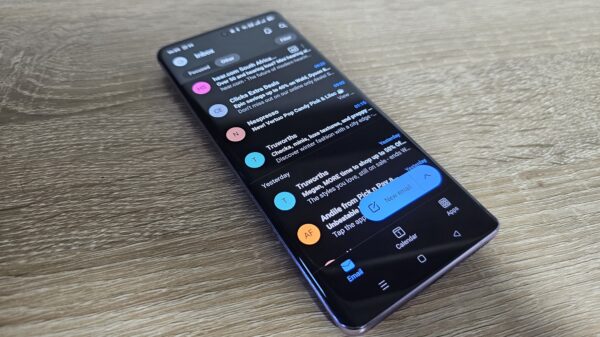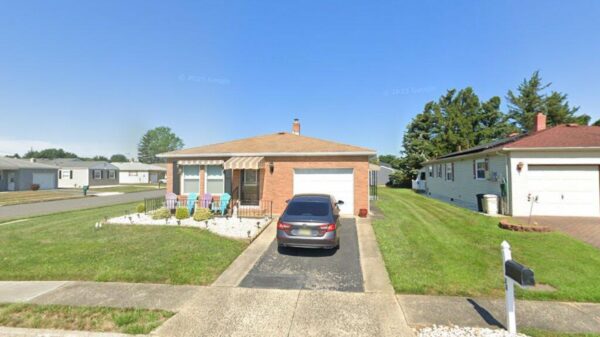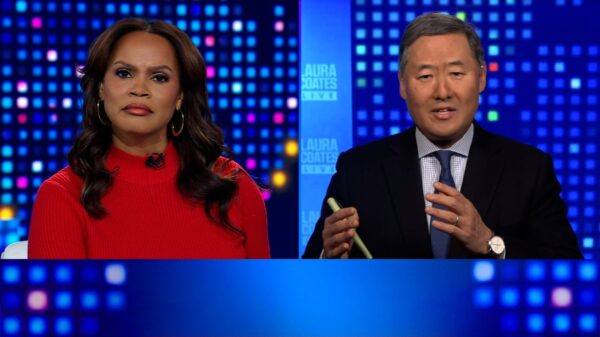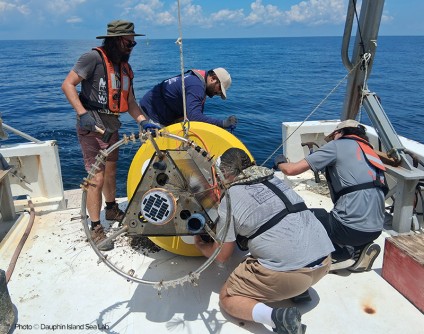The Gulf of America Coastal Ocean Observing System (GCOOS) has announced its initiative to prepare for the next five-year funding proposal to the National Oceanic and Atmospheric Administration (NOAA) for the period spanning July 2026 to June 2031. GCOOS is now inviting project ideas from its members and stakeholders across the Gulf region to contribute to this comprehensive proposal.
Based at the Department of Oceanography at Texas A&M University, GCOOS is one of 11 regional observing networks under the IOOS framework throughout the United States. This nonprofit organization plays a vital role in establishing a collaborative network of business leaders, marine scientists, resource managers, and various governmental and non-governmental organizations. Their goal is to collect and integrate data to provide timely and accurate information about ocean conditions, similar to the forecasts produced by the National Weather Service.
For over two decades, GCOOS has delivered reliable information regarding the Gulf’s coastal and open-ocean waters. This data is crucial for supporting ecosystems, local economies, and community resilience. The organization is continually exploring new methods to ensure that valuable data reaches the users who need it most.
Project Ideas and Submission Process
GCOOS is seeking proposals that encompass a wide range of sectors, including public, private, academic, and nonprofit organizations. These ideas will be incorporated into a single, coordinated proposal. Although NOAA has yet to announce the official funding opportunity, GCOOS is proactively preparing its submission.
Selected projects will align with GCOOS’s Strategic Plan 2020-2025 and the Addendum to the Build-out Plan. These documents are essential for advancing the implementation of a robust ocean observing network throughout the Gulf of America. Each Letter of Intent (LOI) submitted will undergo a formal review to assess its suitability for integration into the full proposal.
Project teams chosen for inclusion will receive notifications and ample time to prepare and submit the necessary official documentation, which will include an approved budget, the SF424A budget form, budget justification, and letters of support through their institutional offices after NOAA releases the official request for applications.
It is imperative that all submissions comply with the specified LOI requirements, as incomplete or non-compliant submissions will not be considered for inclusion in the GCOOS IOOS proposal.
Important Dates
The timeline for the LOI process is crucial for interested parties. Key dates include:
– **LOI Submission Deadline**: 5 p.m. CT on October 17, 2025
– **Informational Webinar and Q&A**: Mid-September (exact date TBD)
– **LOI Review Period**: October 20–31, 2025
– **Notification of Inclusion in Full Proposal**: November 1, 2025
– **Deadline for Completion of Subaward Package**: November 30, 2025
– **Anticipated GCOOS Proposal Submission to NOAA**: December 31, 2025
– **Anticipated Project Start Date**: July 1, 2026
GCOOS is particularly interested in projects that align with its mission, focusing on observing platforms and sensors, as well as education and outreach initiatives. For further details and submission requirements, interested parties can refer to the GCOOS website, which also provides information on current projects and principal investigators.
As GCOOS embarks on this significant proposal preparation, it emphasizes the importance of collaboration and innovation in advancing the knowledge and stewardship of the Gulf’s marine resources.






































































